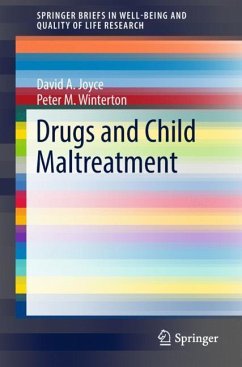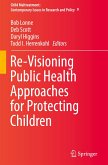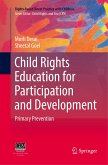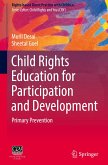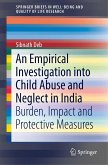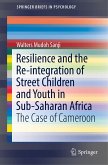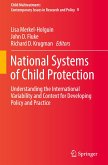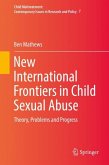This book combines experience in child protection with expertise in clinical pharmacology and forensic toxicology, to set out a broad contemporary understanding of child maltreatment with drugs. It explores presentations that range through ante-natal exposure, factitious illness, deliberate poisoning, drug accidents while in the care of drug-affected adults, misuse of therapeutic drugs and the drug-related death of a child. It describes how to recognise where deliberate drug exposure or perversion of proper therapeutics is being used to harm a child, how to use laboratory testing to confirm a diagnosis, how to combine medical and social care with the need to gather legal evidence and how to deploy social, medical and legal resources for child protection. The roles of the forensic toxicologist and contemporary forensic laboratory methods in resolving cryptic presentations are discussed in each context. There is guidance on effective communication about drugs within the child protectionteam and on writing reports for legal purposes, on the way to returning the child to safety. The book also explores the particular difficulties that arise in reconciling parents' rights and cultural beliefs with the obligation to document a child's drug exposure and in dealing with parents and carers who themselves may be drug-impaired.

